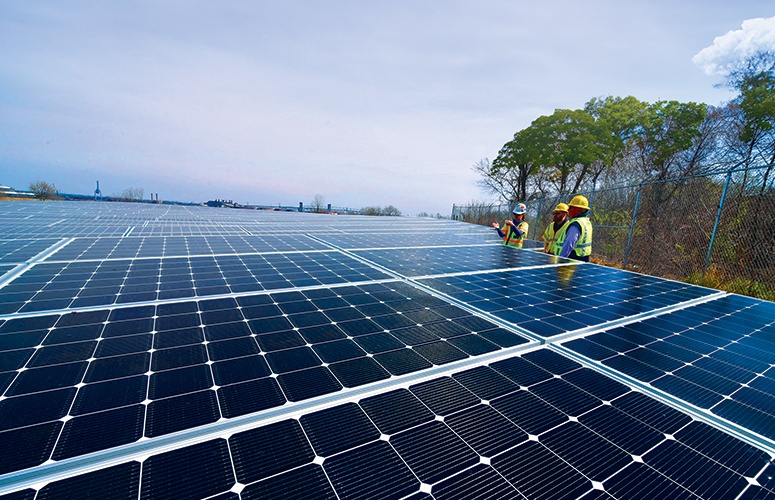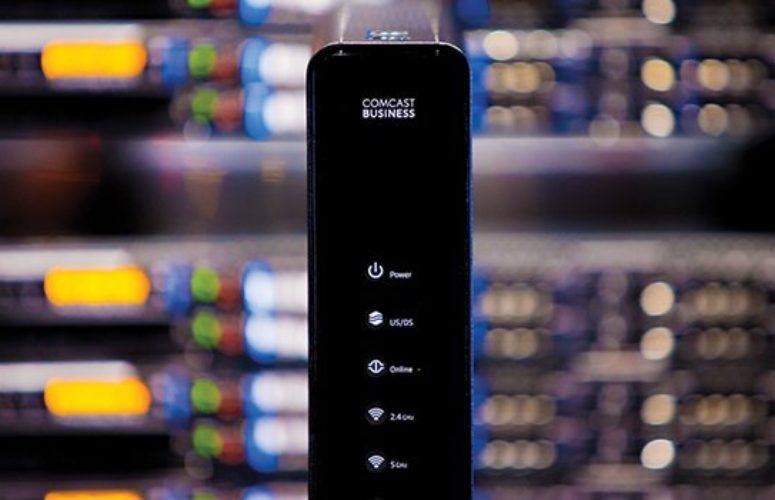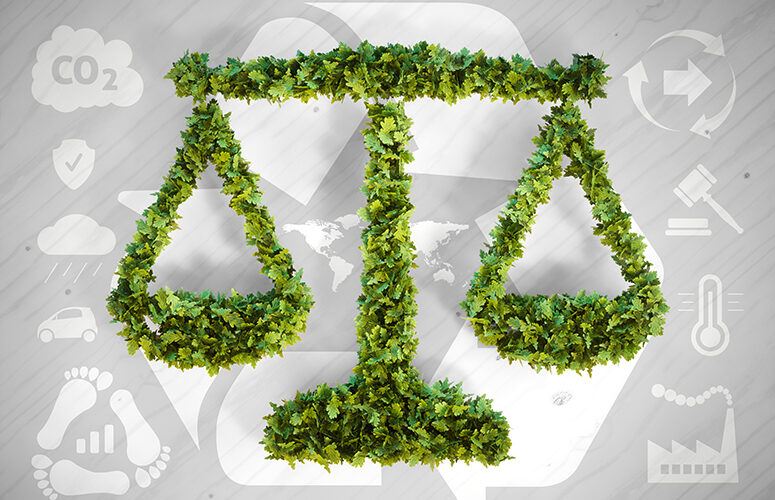
Energy Companies Are Paving the Way to a Greener Garden State
An array of clean energy initiatives are in place to fight climate change, lower costs, and preserve our future.
By Irene Maslowski, Contributing Writer On Jun 10, 2024As part of President Joe Biden’s Inflation Reduction Act (IRA), the government set forth an agenda to expand access to clean energy, find climate solutions, and lower energy costs across the US, especially in low-income and disadvantaged communities. These ambitious goals – to reduce greenhouse gas emissions to 50-52% below 2005 levels by 2030 and to reach 100% carbon pollution-free electricity by 2035 – are cited as important to the health and welfare of our nation.
For these goals to come to fruition, it will take a major collaboration of federal and state government, energy companies, businesses, and residents to work together. Once it has been achieved, the result should be less pollution, reduced demand for energy, lower costs, and a greener tomorrow.
New Jersey actively supports meeting these goals through the New Jersey Clean Energy Program (NJCEP) by promoting increased energy efficiency, and the use of clean, renewable sources of energy such as solar, wind, geothermal, and sustainable biomass. NJCEP offers incentives, programs, and services for residential, commercial, and municipal customers, as well as the state’s electric and gas utilities.
While it will take time to reduce reliance on fossil fuels and reduce greenhouse emissions, other modifications can be made to reduce emissions and save money through efficiency and consumer education. New Jersey’s energy companies are on board to help residents and businesses achieves these goals.
Atlantic City Electric
“Education and efficiency are two cornerstones that we strive to ensure are in place,” notes Candyce Rountree, efficiency manager for Atlantic City Electric, a unit of Exelon Corporation, which covers Burlington, Camden, Ocean, and Cape May counties. “While we continue to work towards our major goal of changing the carbon footprint, and bringing renewable energy to our customers, we continually develop and offer programs that promote efficiency and conservation, and are cost-saving as well. Educating our customers about these initiatives is important, but one of the challenges is making customers aware that they are available.”
Atlantic City’s Smart Grid 101 program, for example, is one of these programs. The demand for more electricity has sharply increased in order to power televisions, phones, computers, tablets, air conditioners, and all the devices we now use. By adding two-way communications and computer processing to the various components of the electric grid – from transformers to switches, and then to devices such as a smart meter in the home or business – means that the network can be connected to a central operations facility, providing more accurate energy readings.
Customers using Smart Grid 101 are better equipped to view their detailed energy usage and billing breakdown through an easy-to-use online tool. They can gain greater control of energy usage and have the ability to decrease rates by reducing demand during peak times. Energy audits of home and business performance, rebates, and programs for moderate and low-income customers are also offered.
South Jersey Industries
South Jersey Industries (SJI) has long been a leader in renewable energy with the vision of a clean energy future through the delivery of safe, reliable, and affordable natural gas to approximately 700,000 South Jersey Gas and Elizabethtown Gas customers throughout New Jersey.
SJI currently has several projects that have been developed through partnerships. One of the latest is the Linden Renewable Energy project, which is a partnership between SJI, Captona and RNG Energy Solutions. The project will build an interconnection between a food waste anaerobic digester project and the natural gas supply for Elizabethtown Gas. This type of renewable natural gas will actually replace the equivalent of 30,200 gallons of gasoline each day. The project is expected to be completed in the fourth quarter of 2025.
“SJI is a trusted partner to residents and businesses alike,” comments Ed McFadden, vice president of sales and marketing at SJI. “One notable initiative is Conserve, a program designed to empower customers with energy efficiency resources and tips. Through the Conserve website for South Jersey Gas and Elizabethtown Gas, customers can access a comprehensive portfolio of energy-saving programs and tools aimed at reducing energy consumption, saving money, and minimizing environmental impact. Businesses, in particular, need this type of support as replacement of older, larger systems can be very costly, and are counterproductive to clean energy. These programs have proven to be a win-win all the way around.”
PSEG
Public Service Enterprise Group (PSEG), a diversified energy company headquartered in Newark, is one of the 10 largest electric companies in the US. Its vision is to power a future where people use less energy, where energy is cleaner, safer and delivered more reliably than ever before.
“The energy landscape is rapidly evolving, with a growing emphasis on sustainability, energy efficiency, and reducing our carbon footprint,” comments Karen Reif, vice president of renewables and energy solutions. “At PSEG, we recognize the pressing need to decarbonize our energy supply while ensuring the resilience and reliability of our infrastructure for the future.”
To meet this mission, PSEG has several key initiatives in place, including work on a $511 million Infrastructure Advancement Program (IAP), which is helping modernize distribution systems to provide customers with improved reliability, including during extreme weather. This investment is one of several that help stimulate the New Jersey economy by creating thousands of jobs.
PSEG has also been supportive of New Jersey’s solar policy for more than 15 years, and more broadly, clean energy. Its renewable energy initiatives have helped New Jersey rank ninth in the nation with the most installed solar capacity.
There is an increasing demand for skilled workers in the clean energy sector, and PSEG is addressing this need through its Clean Energy Jobs Program. While providing economic opportunities for unemployed, underemployed, and low/middle-income individuals, PSEG is also ensuring that all residents, especially underrepresented groups, have access to emerging job opportunities. To date, the program has facilitated the hiring of more than 2,400 New Jersey residents in clean energy jobs.
“Looking ahead, we envision a future where the clean energy workforce is well-prepared and equipped to advance sustainability and contribute to a more prosperous energy future, not only for New Jersey but for the broader clean energy sector,” Reif concludes.
To access more business news, visit NJB News Now.
Related Articles:





